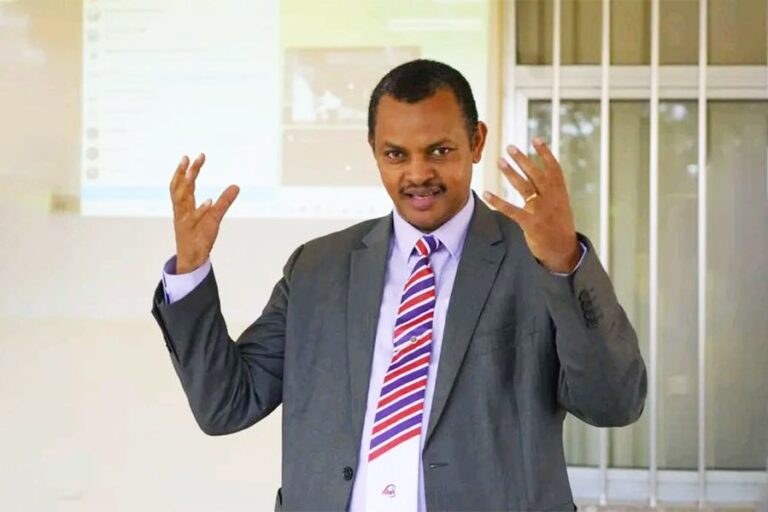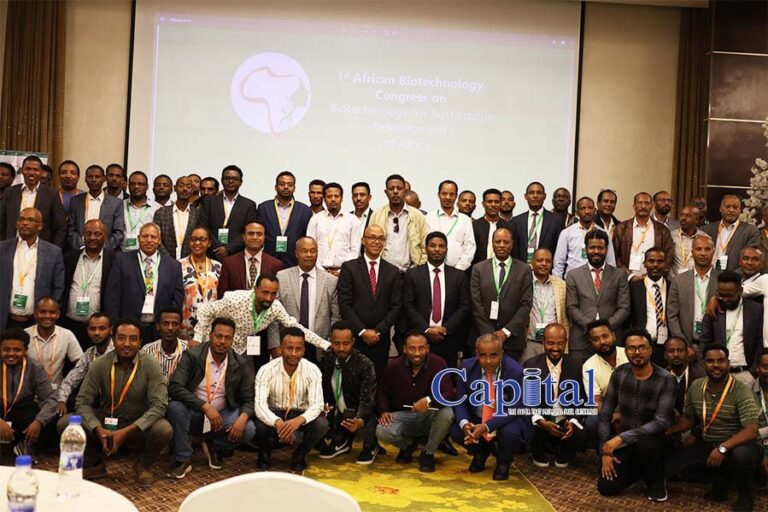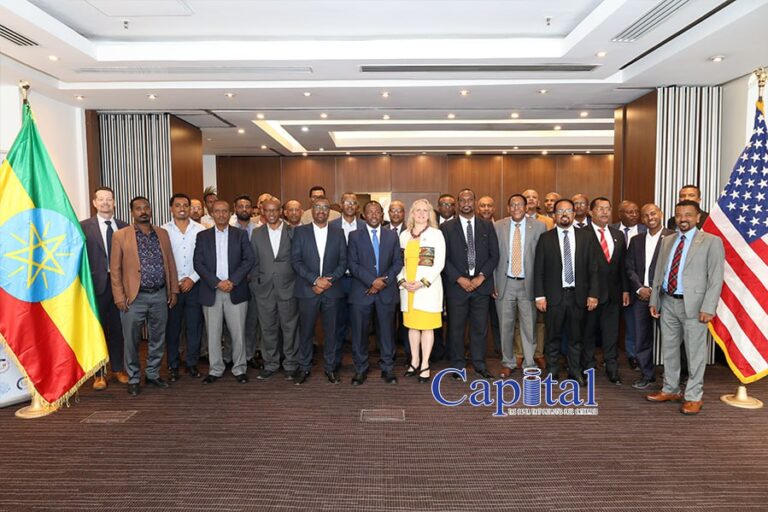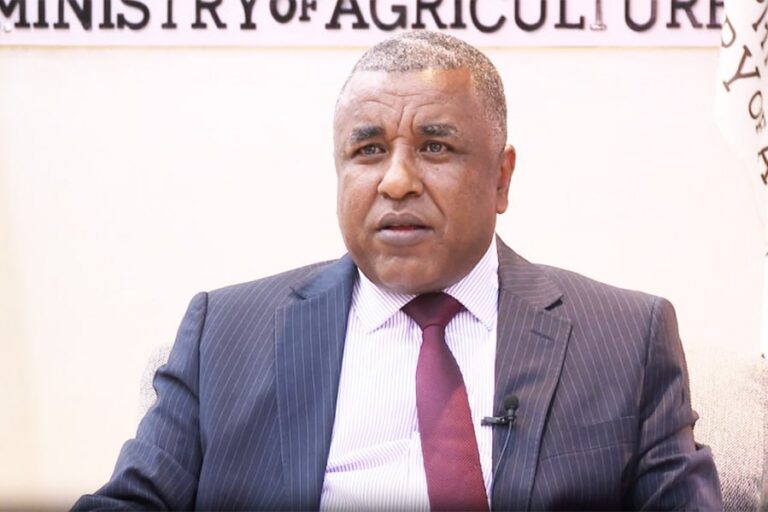Experts have voiced doubts about the ability to reap the benefits of the recently ratified ‘rural lands administration and use proclamation 1324/2024,’ which has been in effect for a few weeks. Meanwhile, the government highly advocates that it would have a vital role in uplifting the Ethiopian agricultural industry.
The bill, which has been the subject of remarkable public discussion, aims to give rural communities the ability to transfer their land to third parties and obtain financing.
According to Minister of Agriculture, Girma Amente, who was responsible for drafting the law, the proclamation is historic and essential to changing Ethiopia’s agricultural industry.
The preamble of the proclamation also states that the law is drafted to improve the livelihood of farmers, semi-pastoralists, and pastoralists at the level of the country’s economic, political, and social development by establishing an improved rural land administration and use system that enhances the land property rights of farmers, semi-pastoralists, and pastoralists over their landholding.
It adds that it has been proved that the customary land use and land management of semi-pastoralists and pastoralists have significant and noticeable importance, and the landholding rights of these groups are recognized under the constitution.
Girma emphasized that this year is special for the agriculture sector when he appeared in parliament on May 15 to present his nine-month report.
“In April, the Council of Ministers approved the agriculture and rural development policy, followed by the ratification of the rural lands administration and use proclamation, which is one of the big steps for the implementation of the policy,” he said.
He voiced his optimism that the industry will greatly benefit from the decree.
According to the Minister, the proclamation would permit managing rural land under a modern plan. During the ratification session, a few parliamentarians, among them Solomon Lale, the Chair of the Agriculture Affairs Standing Committee, stated that the proclamation will enable farmers to properly use their land and obtain financing.
Nonetheless, a few lawmakers voiced concerns that the farmers would suffer if they lost their property.
They asserted that since the law permits property transfers to other parties, it would force the farmer off their land.
Others countered that regions should enact legislation enforcing the territory that will be given to other parties.
They contended that rather than the land, a farmer is surrendering the possessive right. They asserted that ensuring the economic advantage of land is the proclamation’s primary goal.
“The land that is intended to be transferred is the land that is in line with the property,” they stated.
The recently issued proclamation permits sharecropping, which is already applied without any legal backup.
Article 13, sub-article one of the proclamation states that a landholder may sharecrop part or all of his landholding for a specific period of time, to be determined by regional laws.
Regarding joint investment, the landholder may enter into a joint development contract with an investor by contributing his use right as a capital contribution.
According to the government, one of the main benefits of the proclamation is that farmers would be able to obtain financing by using their property as collateral.
Article 15 states that farmers may collateralize their use right to financial institutions for a period of time specified under regional laws.
“Financial institutions shall consider the maximum potential of the land when providing credit to the landholder,” it adds in sub-article two.
As per the proclamation, contracting parties shall stipulate under their contract the time for the repayment of the debt, and the length of time that the creditor may use the land where the debtor fails to pay the whole or part of the debt, while the land use right of the creditor over the collateralized land shall not exceed ten years.
Where the debtor fails to pay the debt at the time prescribed in the contract, the creditor may have the right to use, lease, or sharecrop the land for the prescribed time only, and the liability of the debtor shall be limited to the use right of the land transferred for the agreed time.
Some experts counter that this would not be a sufficient assurance for banks to finance small-scale farming practices.
The proclamation also allows the landholder to exchange his holding with another land.
The new proclamation’s other significant move is that it permits the sale of rural land. While this is a major decision, some experts contend that it would not yield the benefits that relevant bodies have claimed.
“I have spearheaded extensive research on this topic. Renowned agricultural economist and author Demis Chanyalew stated that such an upgrade to land policy that will take place in the fall may not result in noticeable improvements. He asserted, “There are no new concepts in the new proclamation.” “The land policy needs full-scale change and it should be classified and owned by private, community, and public, as seen in other countries, rather than the existing law,” he said, adding that the sector would not be improved by publishing a policy or a single proclamation.
According to Demis, the proclamation stipulates that landowners have the right of use, which is also covered by the legislation pertaining to movable property to access finance. However, banks have said that they are not permitted to sell or transfer the property to third parties.
Demis and other experts informed Capital that financial institutions would not be interested in taking on risk in the context of loans.
They argued that it is extremely risky to govern tiny property in any particular rural location, even if the proclamation permits financial firms to manage the land for 10 years.
They voiced their concerns, saying that “it is doubtful that anyone would not be interested or confident to utilize the land that a bank holds in a village where the original owner exists.”










